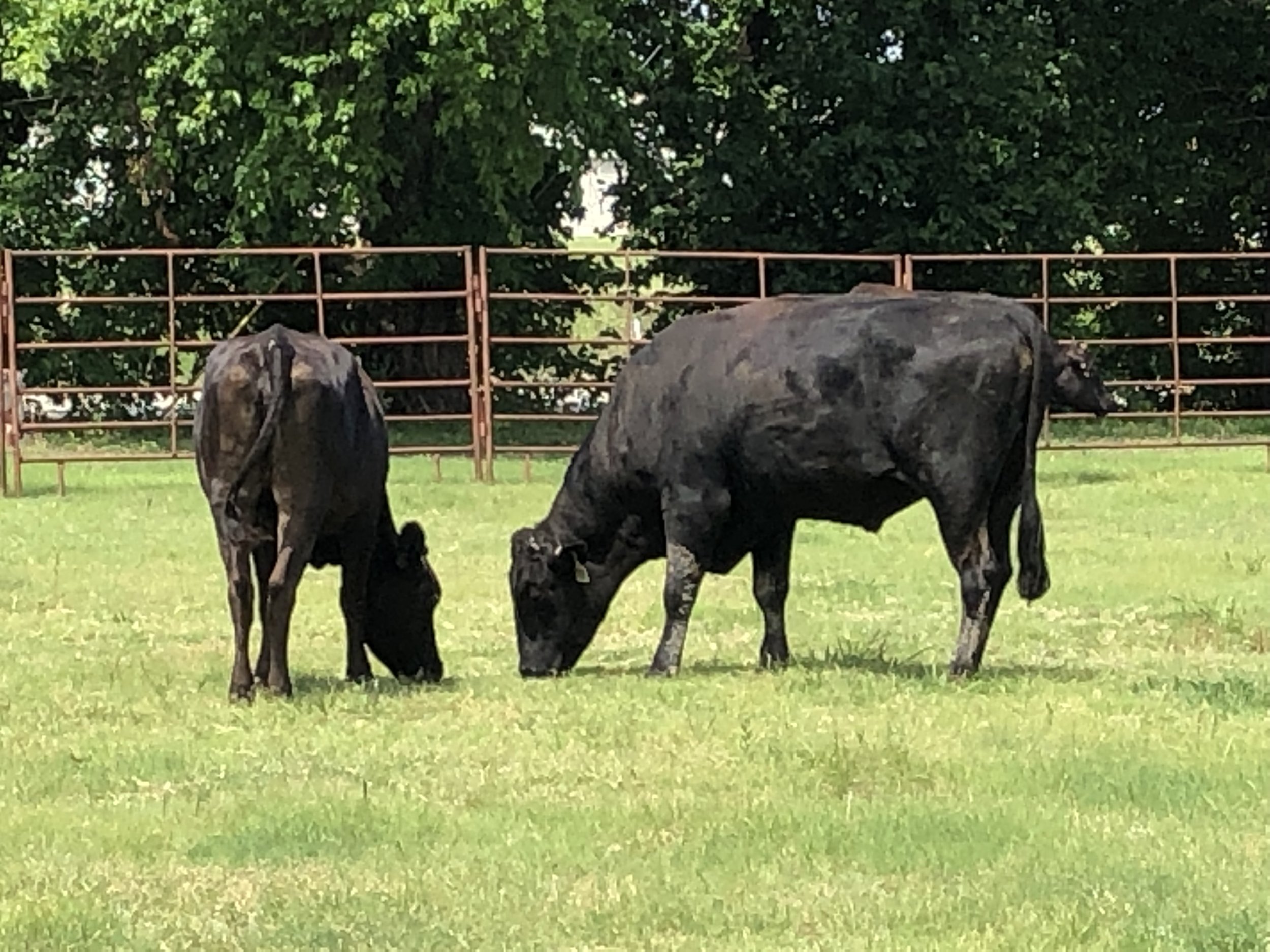American Wagyu and What Makes It American
Wagyu cattle first arrived in the United States in small numbers during the late 1970s and again in the early 1990s, when Japan allowed limited export of genetics. The cattle imported were primarily of the Japanese Black (Kuroge Washu) breed, known for its superior marbling potential. Once in the U.S., ranchers recognized both the rarity of these genetics and the opportunity to adapt them to American ranching traditions.
Because of the limited gene pool, U.S. breeders often crossbred Wagyu with Black Angus, America’s most established beef breed. This produced cattle that maintained Wagyu’s legendary marbling while gaining the hardiness, size, and bold beef flavor that Angus is famous for. Over time, this cross became known as F1 American Wagyu—a first-generation hybrid with one Full Blood Wagyu parent (often a sire) and one Angus parent (dam).
In addition to crossbreeding, some ranchers dedicated themselves to preserving Full Blood American Wagyu, meaning cattle that retain 100% Japanese lineage but are born, raised, and finished in the United States. These herds carry forward the authenticity of Japanese Wagyu genetics while benefiting from U.S. feeding programs and open-range ranching environments.
What makes Wagyu uniquely American is not just the cattle themselves but the production style:
Feeding Programs: U.S. ranchers typically use long-term grain finishing (300–400 days), which enhances marbling while still delivering the heartier beef flavor preferred by American palates.
Crossbreeding Philosophy: By combining Wagyu’s delicate marbling with Angus’ bold beefiness, American Wagyu strikes a balance between luxury and familiarity.
Ranching Practices: Raised on open pastures with modern feeding systems, American Wagyu reflects both traditional cattle ranching heritage and precision beef production.
Today, American Wagyu has grown into a globally recognized category of premium beef. It is celebrated for its consistency, approachability, and versatility—a steak that brings together the artistry of Japanese genetics with the bold, hearty character of American beef culture.
